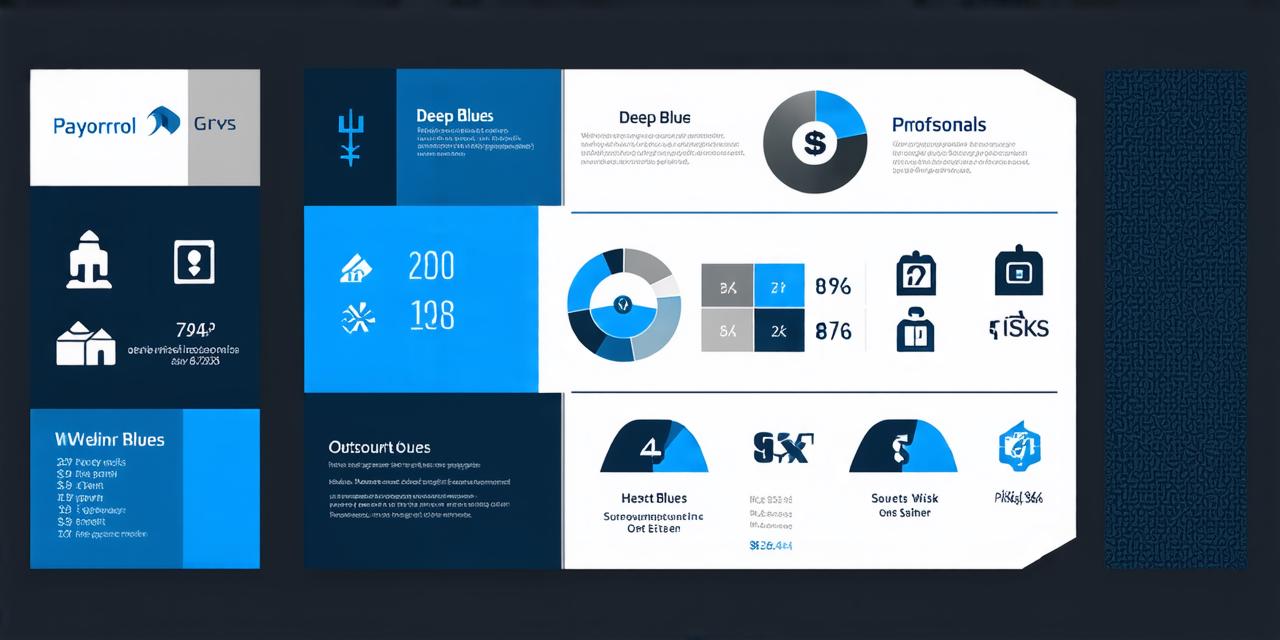What are the risks associated with payroll outsourcing
Introduction
Payroll outsourcing is a common practice among businesses of all sizes. The main advantage of payroll outsourcing is that it allows companies to focus on their core business activities while leaving the payroll processing to an external provider.
Risk 1: Data Security
Data security is a major concern for any business that handles sensitive information such as employee payroll data. When you outsource your payroll processing to an external provider, you are entrusting them with access to your most valuable asset: your employees’ personal and financial data. This puts your company at risk of data breaches, which can result in significant financial and reputational damage.
To mitigate this risk, it is important to choose a payroll provider that has a proven track record of maintaining high levels of data security. Look for providers that use secure networks and encryption techniques to protect your data. Additionally, ensure that your payroll provider has appropriate liability insurance coverage in case of a data breach.
Risk 2: Compliance with Regulations
Payroll regulations can be complex and constantly evolving. Failure to comply with these regulations can result in significant fines and legal penalties for your business. When you outsource your payroll processing, it is important to ensure that your provider is familiar with all applicable regulations and can help you stay compliant.
To mitigate this risk, choose a payroll provider that has expertise in the relevant regulations and can help you navigate any changes or updates. Additionally, ensure that your provider has processes in place for staying up-to-date on regulatory requirements and for reporting any necessary information to relevant authorities.
Risk 3: Cost Savings
While payroll outsourcing can often result in cost savings for businesses, it is important to carefully evaluate the long-term financial impact of outsourcing. Outsourcing can be more expensive than performing payroll processing in-house, especially if you need to hire additional staff or purchase specialized software. Additionally, some providers may charge hidden fees or markups on their services.
To mitigate this risk, carefully evaluate the cost savings associated with outsourcing and compare them to the costs of performing payroll processing in-house. Look for providers that offer transparent pricing and clear cost breakdowns. Additionally, be sure to account for any additional costs such as software or equipment that may be required.
Risk 4: Quality of Service
The quality of service provided by a payroll provider can have a significant impact on your business. If the provider fails to deliver accurate and timely payroll processing, this can lead to employee dissatisfaction, lost productivity, and financial errors.
To mitigate this risk, carefully evaluate the reputation and track record of any potential providers. Look for providers that have a history of delivering high-quality services and that have received positive reviews from satisfied clients. Additionally, consider choosing a provider that offers customizable services to meet your specific needs.

Case Study: The Risks of Payroll Outsourcing
ABC Company was a growing manufacturing business with over 50 employees. They had been performing payroll processing in-house for several years but were becoming increasingly overwhelmed with the administrative burden. To alleviate this burden, they decided to outsource their payroll processing to XYZ Payroll Services.
At first, ABC Company was pleased with XYZ’s services. They found the transition process relatively smooth and were impressed by the level of support provided by the provider.
